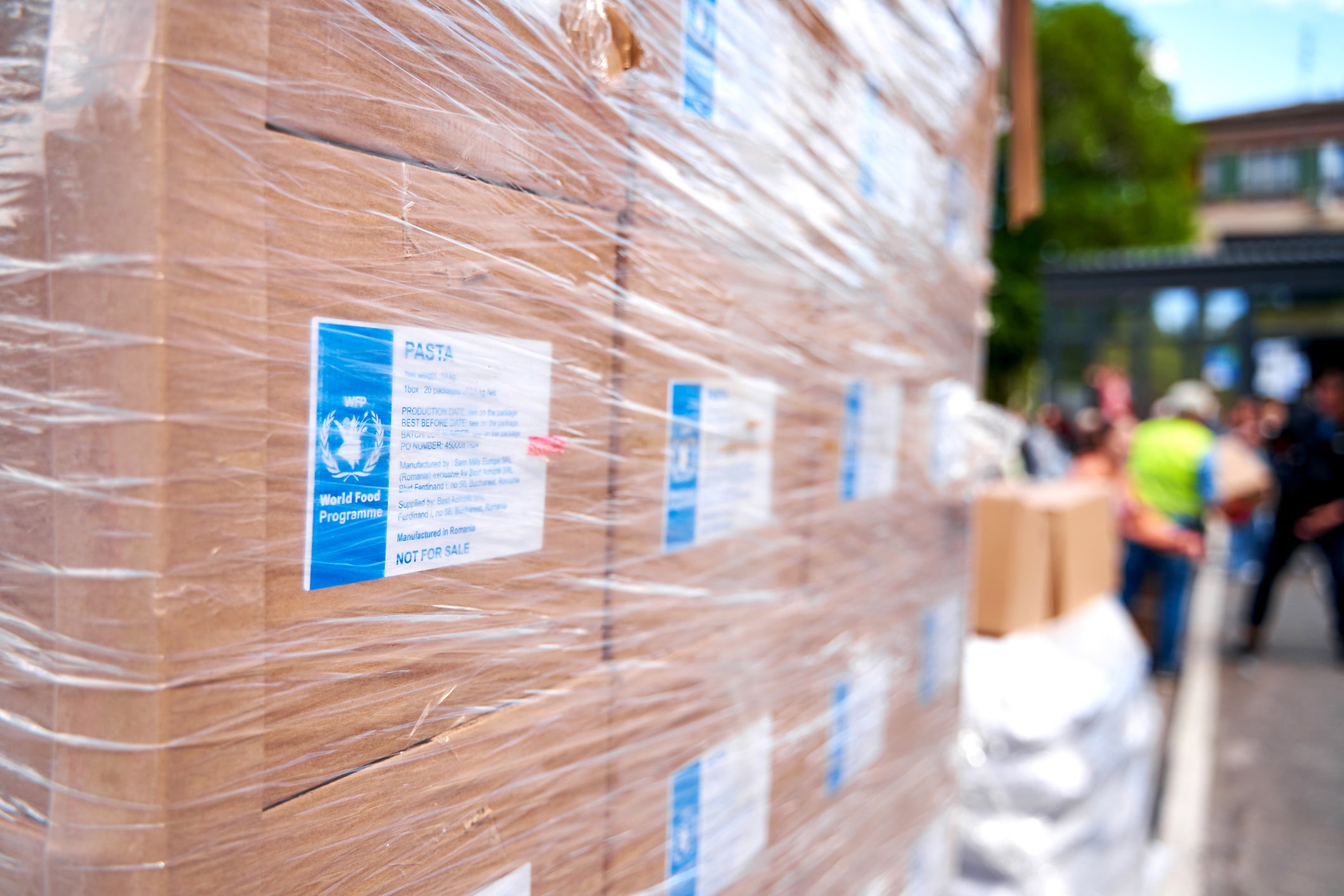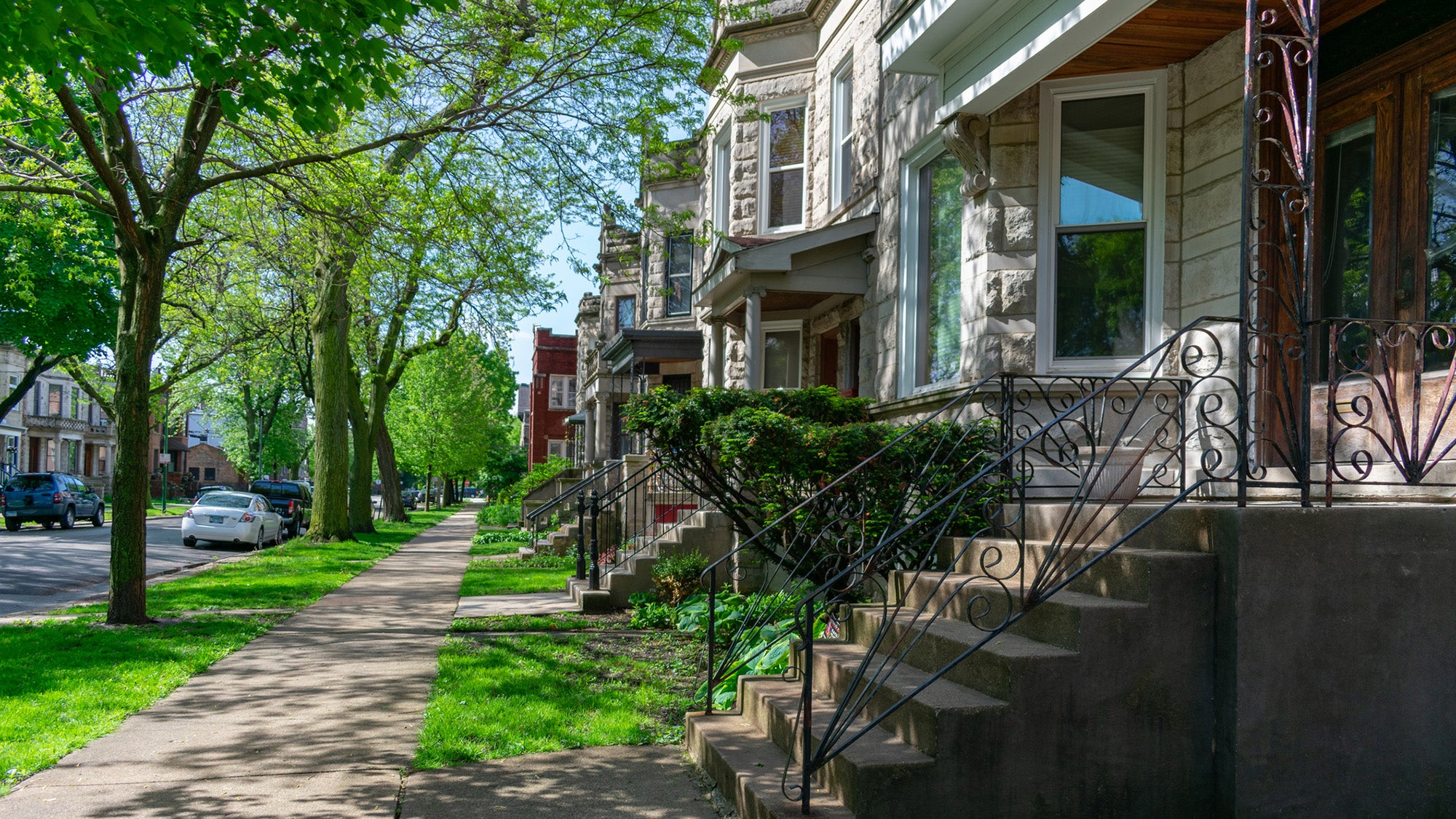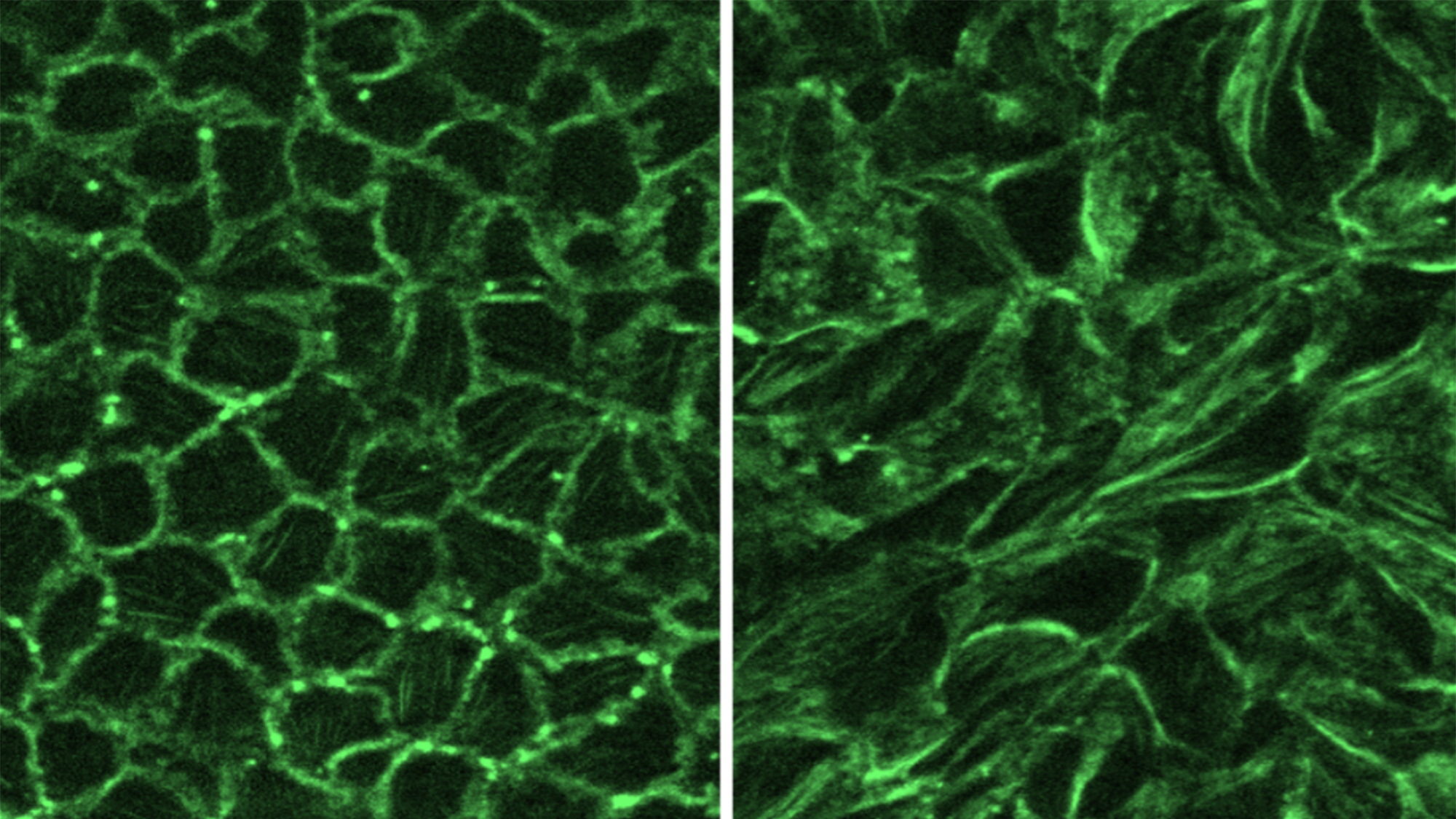Shock to the system

May 16, 2022 – Ellen Chappelka, MPH ’22, loved working as an emergency medical technician (EMT) in New Orleans during her college years. But she was taken aback by the extent of preventable health problems she saw among the people she was helping. Here, she recounts why she came to Harvard T.H. Chan School of Public Health—to study health management and learn how to change the systemic issues that make people vulnerable in the first place.
I grew up a little bit of everywhere because my Dad was in the Coast Guard. We were primarily in Connecticut and Virginia but also on Vashon Island in Washington. I always joke that my parents didn’t need a curfew on the island because they had a moat.
In high school I was involved in a program called the Seattle Fire Cadets, which taught firefighting and basic EMT skills. This fostered my nascent passion for emergency services. I chose Tulane because they had a student-run emergency medical service, relevant coursework and, of course, I fell in love with New Orleans. The club was not taking new members until the spring semester so I took an EMT class that included ride-alongs with the city of New Orleans EMS. I got certified through the class and spent the summer after my freshman year volunteering with New Orleans EMS. I loved the people and the excitement so much I decided to apply for a job there.
When I got the EMT job during my sophomore year, that’s when I lost my rose-colored glasses. I stopped seeing being an EMT as an exciting opportunity and started seeing the hardships going on in New Orleans. I was shocked. In a global health class at Tulane, we discussed the challenges people faced in the global south accessing and affording care, and I thought, ‘This is what I see when I go to work.’ Every day in New Orleans I was seeing preventable health conditions. I saw kids with asthma and realized that their illness came from cockroach infestations in their homes, and saw people who were missing limbs from going into the water during Katrina and contracting infections. That’s when I saw that there was a bigger system that needed improving, and I thought, I want to go upstream. I didn’t want to be the person who, as they say in public health, is fishing babies out of the river. I wanted to stop people from throwing the babies in the river in the first place.
After college I got a cool opportunity to work for the federal government in Germany, doing public health work for the U.S. Air Force. For 2½ years I worked as a health systems specialist, helping ensure that Airmen were ready to mobilize for military operations. My bosses in Germany were Harvard Chan School alums; that’s how Harvard got on my radar. They couldn’t speak highly enough about it.
I road-tripped the American Southwest for two months with my best friend in early 2021. I had just started at Harvard Chan School but could take the trip because school was still online due to the pandemic. I’d start my school day early—I’d listen to classes in the car via Bluetooth—then we’d hike and explore in the afternoons. This is one of my best memories of Harvard: getting to have this education while also getting to see the world in my own way. I was headed to New Mexico, where I’d found an internship and practicum. I interned with the New Mexico Alliance of Health Councils, where I helped with business strategy and communications, and the New Mexico Center for Health Innovation, where I supported legislative initiatives. The trip enabled me to meet people in my organizations in person and really get to embed myself in the communities I was working with.
Rich Serino is the textbook definition of a mentor. [Rich Serino is the former deputy administrator of the Federal Emergency Management Administration (FEMA) and a distinguished senior fellow at the National Preparedness Leadership Initiative (NPLI).] He gave a presentation in one of my classes and it was about all the things I’m interested in—climate change, equity, emergency management and preparedness. I reached out to him to say I wanted to hear more about his career and his background, and we immediately hit it off. Since then I’ve worked as his research and writing assistant, and also became a special project assistant for NPLI. I’ve helped Rich draft op-eds and speeches, which has worked out well because we tend to look at the world in the same systemic way.
My embarrassing passion that I love to talk about is flood insurance. I finally got to meet people who were willing to talk about flood insurance with me in early April, when Rich and I spent a week in Colorado as part of a FEMA project that gathered top leaders in emergency management from around the country to provide them a forum to explore the thorniest challenges of the field.
I usually have three things going on at once. In my inability to not be overscheduled, I’ve already started a job with LMI Consulting, based in the Washington D.C. area. I work in support of their contract with the U.S. Department of Homeland Security’s Countering Weapons of Mass Destruction Office. More specifically, I am a member of the incident response support team for a biodetection program that is deployed to over 30 jurisdictions across the country that samples air for specific biological agents that could be used in a bioterrorist attack. My role is to assist with planning for a detection of one of those agents and responding to such a detection.
For better or for worse, disasters are often used to force through policies or create changes in society. The idea is to ‘never let a good crisis go to waste.’ We’re going to have more disasters, and while that’s devastating, I want to be part of the conversation about how we do better and avoid creating unnecessary vulnerabilities.
photo: Kent Dayton


